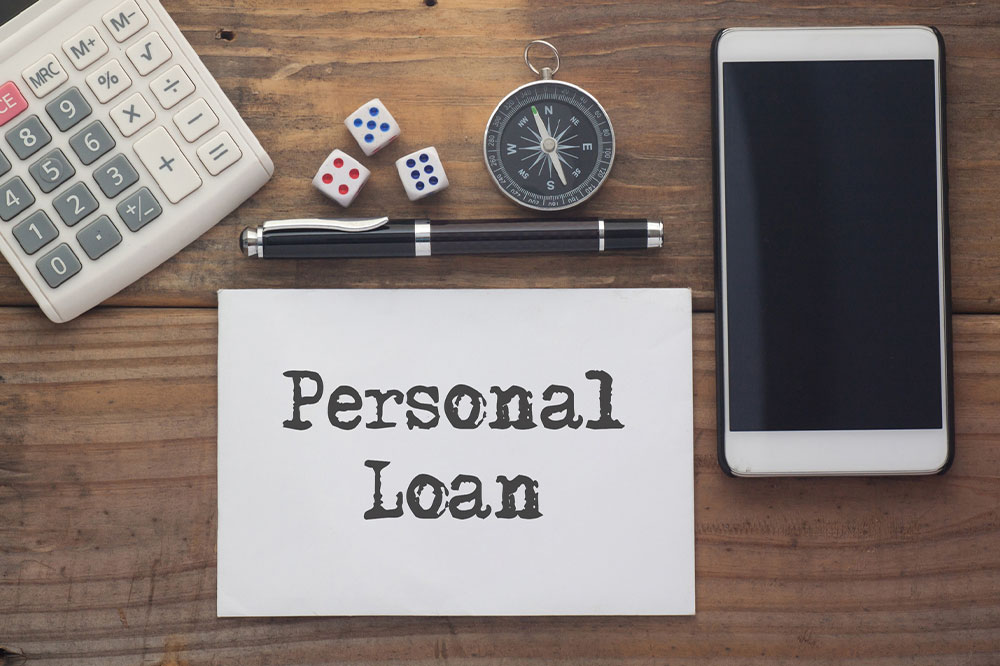Essential Insights on Securing Personal Loans with Poor Credit Scores
Discover practical guidance for securing personal loans despite bad credit. Learn the differences between types of loans, lender options, and essential tips to improve your borrowing experience. With flexible options and understanding, even those with poor credit can access suitable financial solutions tailored to their needs.

Essential Insights on Securing Personal Loans with Poor Credit Scores
If you have a low credit score, obtaining a loan can seem challenging. Fortunately, certain lenders offer options tailored for individuals with poor credit, making borrowing accessible even with less-than-ideal credit histories.
What defines a bad credit personal loan?
Such loans are available to individuals whose FICO® score is below 640. Typically, a score under 600 qualifies as poor credit.
If your score reaches 600 or below, securing a personal loan becomes more difficult, and lenders may be hesitant.
These loans often carry higher interest rates due to the increased risk for lenders.
Generally, these loans have shorter repayment periods compared to those for borrowers with strong credit scores.
Difference Between Bad Credit Personal Loans and Payday Loans
Both options serve individuals with bad credit, but they differ significantly:
Payday loans are small, usually under $500, whereas bad credit personal loans can range from $1,000 to $50,000.
Interest rates, or APRs, tend to be higher on payday loans—often exceeding 36%—compared to bad credit personal loans.
Payday loans are short-term, typically due by your next paycheck or within four weeks. Personal loans, however, can be extended up to five years.
Personal loans offer greater flexibility and options, unlike the limited scope of payday loans.
While payday loans are easier to access, they carry higher risks. Bad credit personal loans, although more time-consuming to secure, are generally safer.
Repayment for payday loans is usually due shortly after receiving your paycheck. Missing payments can lead to additional fees. Personal loans also incur fees but are generally less costly.
Understanding Alternative Payday Loan Options
Alternative payday loans charge significantly higher interest rates, sometimes up to 400%, compared to typical bad credit personal loans.
They often provide longer repayment periods than standard payday loans, which are capped at four weeks.
Lenders offering alternative payday loans tend to include better features and more flexible terms.
Borrowers can extend repayment periods with these loans, though additional interest applies, unlike traditional payday options.
Pre-application Tips for Bad Credit Borrowers
Verify your credit report for errors before applying.
Create a repayment plan and aim to pay off the loan promptly.
Shop around for quotes from multiple lenders and avoid settling for the first offer.
If possible, try to repay the loan early to minimize interest.
Beware of scammers—do not pay upfront fees to unverified lenders.
Steps to Obtain a Personal Loan with Poor Credit
Pre-approval: Obtain pre-approval to clarify your loan options and terms.
Determine loan details: Decide on loan amount, repayment duration, late fees, and payment schedule; read all terms carefully.
Hard inquiry: Be aware that applying causes a credit check, which may temporarily impact your score. Limit the number of applications.
Repay on time: Consistently making payments on schedule will help maintain your credit health.
In recent years, many lenders such as Avant, LendingPoint, and Peerform have expanded options for individuals with poor credit to access personal loans.










